Seduced by Story
The Use and Abuse of Narrative
PETER BROOKS
 New York Review Books New York
New York Review Books New York
This is a New York Review Book
published by The New York Review of Books
435 Hudson Street, New York, NY 10014
www.nyrb.com
Copyright 2022 by Peter Brooks
All rights reserved.
Cover image: Jean Auguste Dominique Ingres, Paolo and Francesca, 1814; Muse Bonnat; Bridgeman Images
Cover design: Katy Homans
Library of Congress Cataloging-in-Publication Data
Names: Brooks, Peter, 1938 author.
Title: Seduced by story / by Peter Brooks.
Description: New York : New York Review Books, 2022.
Identifiers: LCCN 2021050594 | ISBN 9781681376639 (paperback) | ISBN 9781681376646 (ebook)
Subjects: LCSH: Narration (Rhetoric) | StorytellingPhilosophy
Classification: LCC PN212.B766 2022 | DDC 808/.036dc23eng/20211103
LC record available at https://lccn.loc.gov/2021050594
ISBN 978-1-68137-664-6
v1.0
Contents
Foreword
B ACK in 1984, I published a book called Reading for the Plot, which recorded my discovery of the crucial importance of narrative, of storytelling, and how we can understand it. The opening sentences of that book:
Our lives are ceaselessly intertwined with narrative, with the stories that we tell and hear told, those we dream or imagine or would like to tell, all of which are reworked in that story of our own lives that we narrate to ourselves in an episodic, sometimes semiconscious, but virtually uninterrupted monologue. We live immersed in narrative, recounting and reassessing the meaning of our past actions, anticipating the outcome of our future projects, situating ourselves at the intersection of several stories not yet completed.
I still believe that, but here I want to record my somewhat disabused sense of what has happened to narrative in our culture in the decades since that book. Its a curious story.
1. Stories Abounding
The World Overtaken by Narrative
T HERES NOTHING IN THE WORLD more powerful than a good story. Nothing can stop it. No enemy can defeat it. Thus spake Tyrion in the final episode of the television series Game of Thrones, claiming the throne for Bran the Broken. Many viewers liked neither the choice of king nor its rationale. But the claim that story brings you to world dominance seems by now so banal that its common wisdom. Narrative seems to have become accepted as the only form of knowledge and speech that regulates human affairs.
For myself, the moment I knew narrative had taken over the world came with President George W. Bushs presentation of his cabinet, in December 2000. Said Bush of his appointees: Each person has got their own story that is so unique, stories that really explain what America can and should be about. And more simply, in presenting Secretary of State Colin Powell: a great American story. And simpler still, in introducing Secretary of Transportation Norman Y. Mineta: I love his story. One had the impression that Bushs understanding of reality was wholly narrative. No other form of speech or cognitive faculty came close.
But we never envisaged nor hoped for the kind of narrative takeover of reality we appear to be witnessing in the early twenty-first century, where even public civic discourse supposedly dedicated to reasoned analysis seems to have been taken hostage. This narrative takeoverwhat it means, how to think about it, and how to provide a more intelligent account of what narrative is and doesmotivates me here.
Numberless are the worlds narratives. So began Roland Barthes There isnt, there has never been anywhere, any people without narrative, wrote Barthes. International, transhistorical, transcultural, narrative is there, like life. Stories (unlike poems) can be translated, they can be transposed to other media, they can be summarized, they can be retold in other words and yet still be recognizably the same story. Narrative, which the human child appears to discover before age three, is fundamental to our sense of reality and how it is ordered. We dont simply arrange random facts into narratives; our sense of the way stories go together, how life is made meaningful as narrative, presides at our choice of facts as well, and the ways we present them. Our daily lives, our daydreams, our sense of self are all constructed as stories.
What seems obvious often can open the richest insight once we look at it closely. That surely has been the case with narrative: once under-studied, it is now the object of fine analytic discrimination. Meanwhile, the plethoric spread of narrative in public life has gone forward, taking no apparent account of the analysts, though one senses that the two developments cannot be unrelated in some large cultural sense. The French philosopher Jean-Franois Lyotard claimed that in our postmodernist moment the grand narratives that sustained whole societies, the narrative of emancipation especially, have lost their force. Readers of the Times have noticed that nearly every article now begins, often tediously, with an anecdote leading in to the substance of the subject.
Some more examples: according to French sociologist Christian Salmon, it was former journalist David Gergen as adviser to President The story of a stolen election led to the violent invasion of the U.S. Capitol a few months later.
One could continue to pile up examples. Every person has a story to tell, and the corporate person has understood, with a vengeance, that it must stake its identity, persuasion, and profits on telling a story, however bizarre or banal. Corporate reports have turned from the statistical to the narrative mode. And in the wake of the corporation are political candidates and parties, the military, the tourism industry, universities, hospitals, bakerieseven accounting firms. Salmon, the sociologist, has identified what he calls a nouvel ordre narratif, or NON: a new narrative order that dominates in business and politics. He notes that such a corporation as Enron, which famously went bust in 2001, seems to have been built uniquely on storiesfictions, in factthat had little to do with the companys balance sheet but rather with a kind of imaginary accounting that generated stories of impending great wealth. According to Salmon, the new attention to narrative in philosophy and ethics and literary theory and history writing came to affect corporate management, and then the military, which needed positive narratives to undergird the dubious wars it was made to wage. Ronald Reagan, ever telling anecdotesminimal storiesappeared to govern largely by story, at times confounding the real with films in which he had played a role.The Narrative. A kind of preemptive strike, as if to say: this is the way it happened; there is no other version.
This mindless valorization of storytelling speaks to crucial facts in contemporary culture that need more analysis. Why is it that other forms of presentation and understanding have been largely abandoned in favor of telling stories? I recall, from an age still dominated by radio, the singing commercial, so memorable that a number of them still come to mind:
Im Chiquita Banana and Ive come to say
Bananas have to ripen in a certain way
And when theyre flecked with brown and have a golden hue
Bananas taste the best and are the best for you...
That lyric debuted in 1944. Or the Ballantine beer poems:

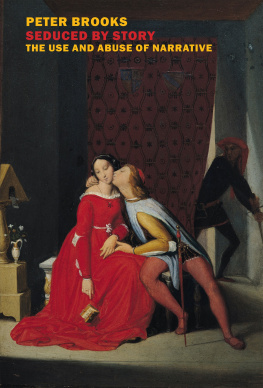
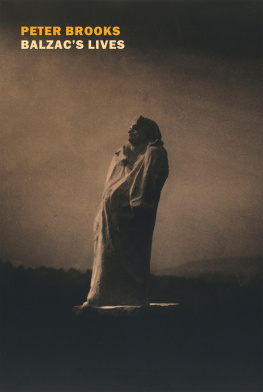

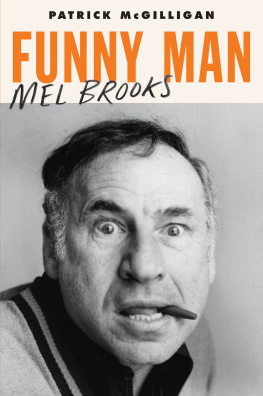
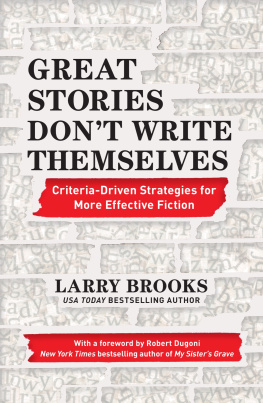



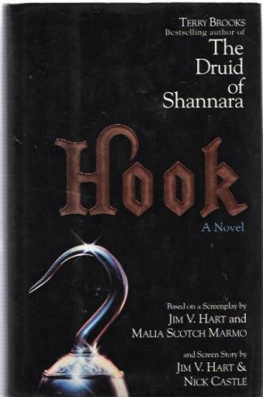

 New York Review Books New York
New York Review Books New York